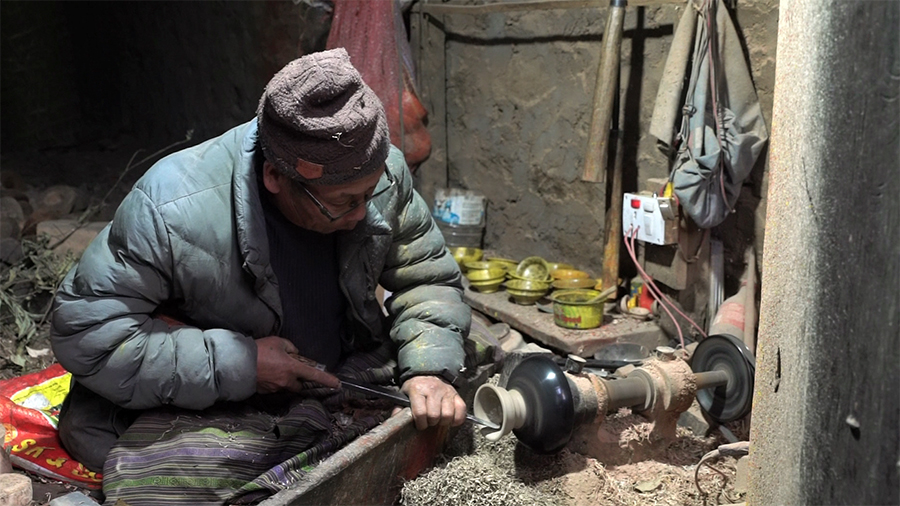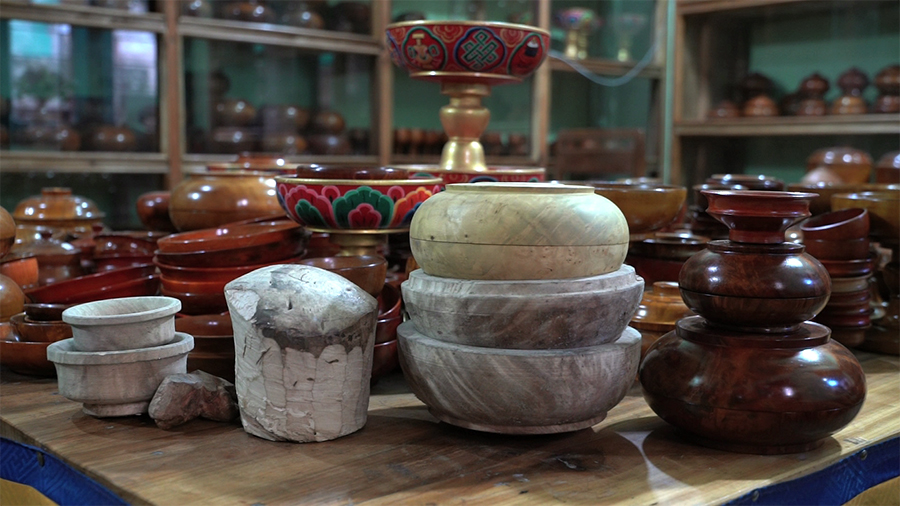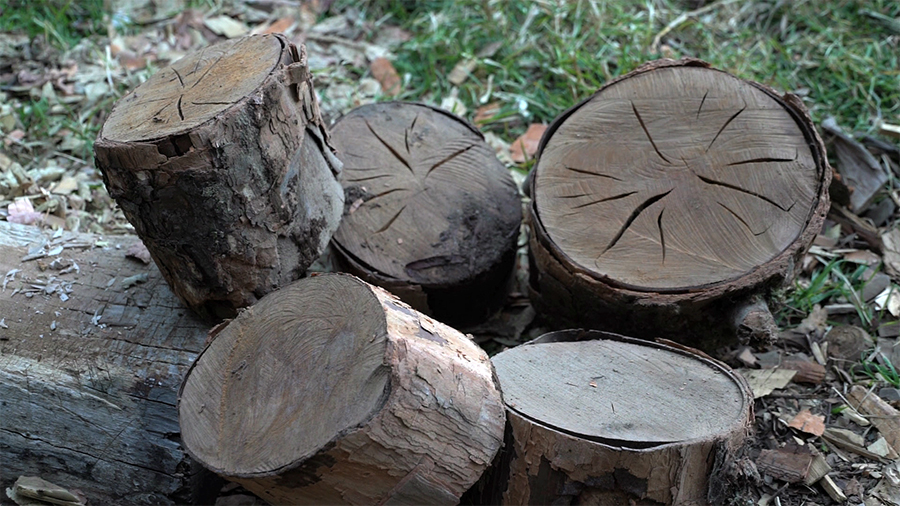
Woodturners in Trashi Yangtse are facing difficulties in getting burr, the most desired raw material for making traditional wooden cups and bowls. This according to the woodturners is due to the declining number of burrs in the forest. However, with recent changes in regulations concerning burr collection, wood turners are hopeful.
 Trashi Yangtse is well known for the wood-turning art locally called Shazo which is passed down for generations. Woodturners look for the special burrs locally called Zap and Baw as products made from them fetch better prices. The woods are highly priced for their intricate patterns and texture.
Trashi Yangtse is well known for the wood-turning art locally called Shazo which is passed down for generations. Woodturners look for the special burrs locally called Zap and Baw as products made from them fetch better prices. The woods are highly priced for their intricate patterns and texture.
However, over the years as burrs became scarce, wood turners in Trashi Yangtse had to look for the material in other parts of the country.
“We need at least 4 to 6 people to look for burrs and we have to travel to other districts like Bumthang, Dagana, Haa, and Wangdue Phodrang to collect them. Then we have to obtain a permit from the local authorities. All these make it very expensive for us to gather the materials. That’s why it is becoming less profitable for us,” said Tenzin Jamtsho, a woodturner from Yangtse Gewog.
“In the past people used axes to harvest burrs but nowadays they use chain saw which is exhausting the burls around the area,” said Tashi Dhendup, a woodturner from Yangtse Gewog.
“We brought the burrs from Dangchu Gewog in Wangdue Phodrang and Punakha. Now there is not much left and burrs are quite expensive now,” said Dechenla, a woodturner from Yangtse Gewog.
Until recently, woodturning licence holder is allowed to harvest only 100 burrs in a year by divisional forest offices in districts. If they wanted to harvest more than 100 burrs, they had to seek the permit from the Department of Forests. The lack of enough burrs in forests and long procedures in acquiring them has made the prices of the material costlier.
However, the Department of Forests has recently allowed district forestry offices to sanction 200 burrs per license holder in a year. Moreover, tree felling is also permitted. People can also reapply for their preferred locations if they cannot find burrs in the permitted areas unlike before.
Currently, there are around 50 woodturners in the district.
Ngawang Tenzin, Trashiyangste
Edited by Kipchu








